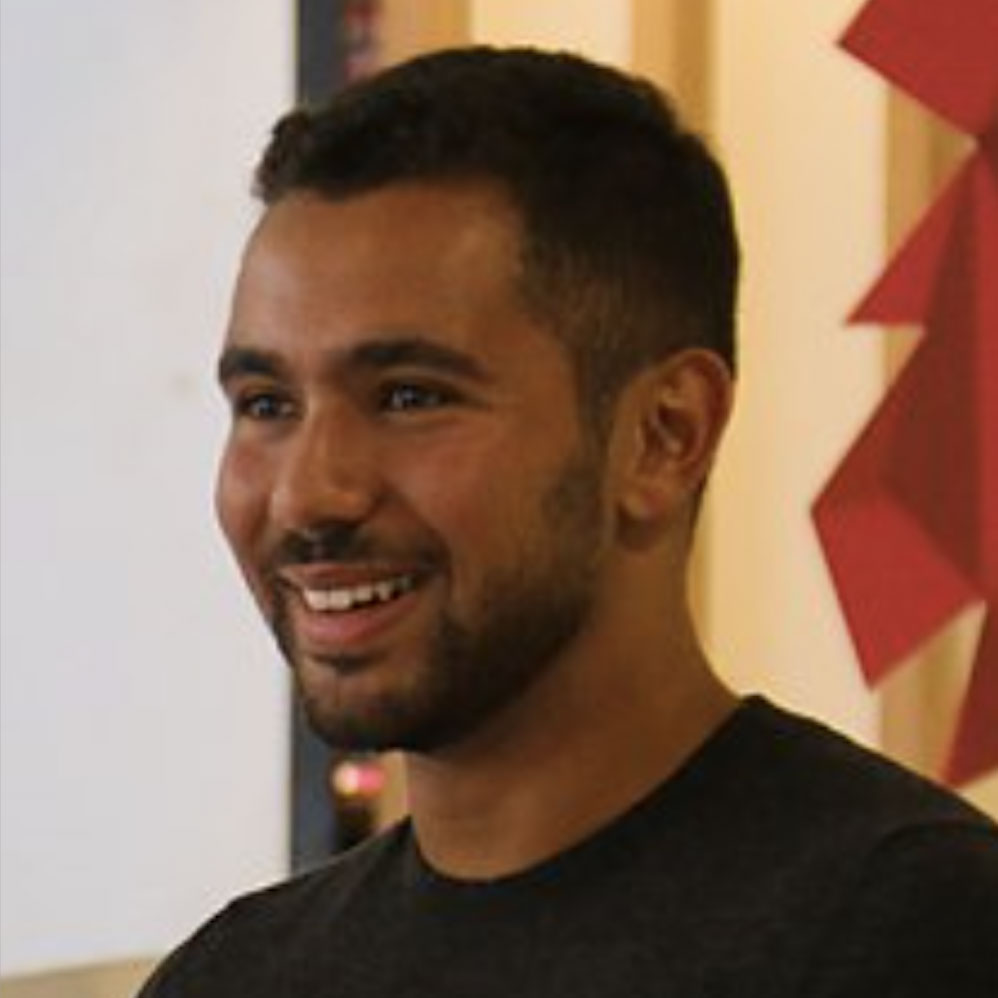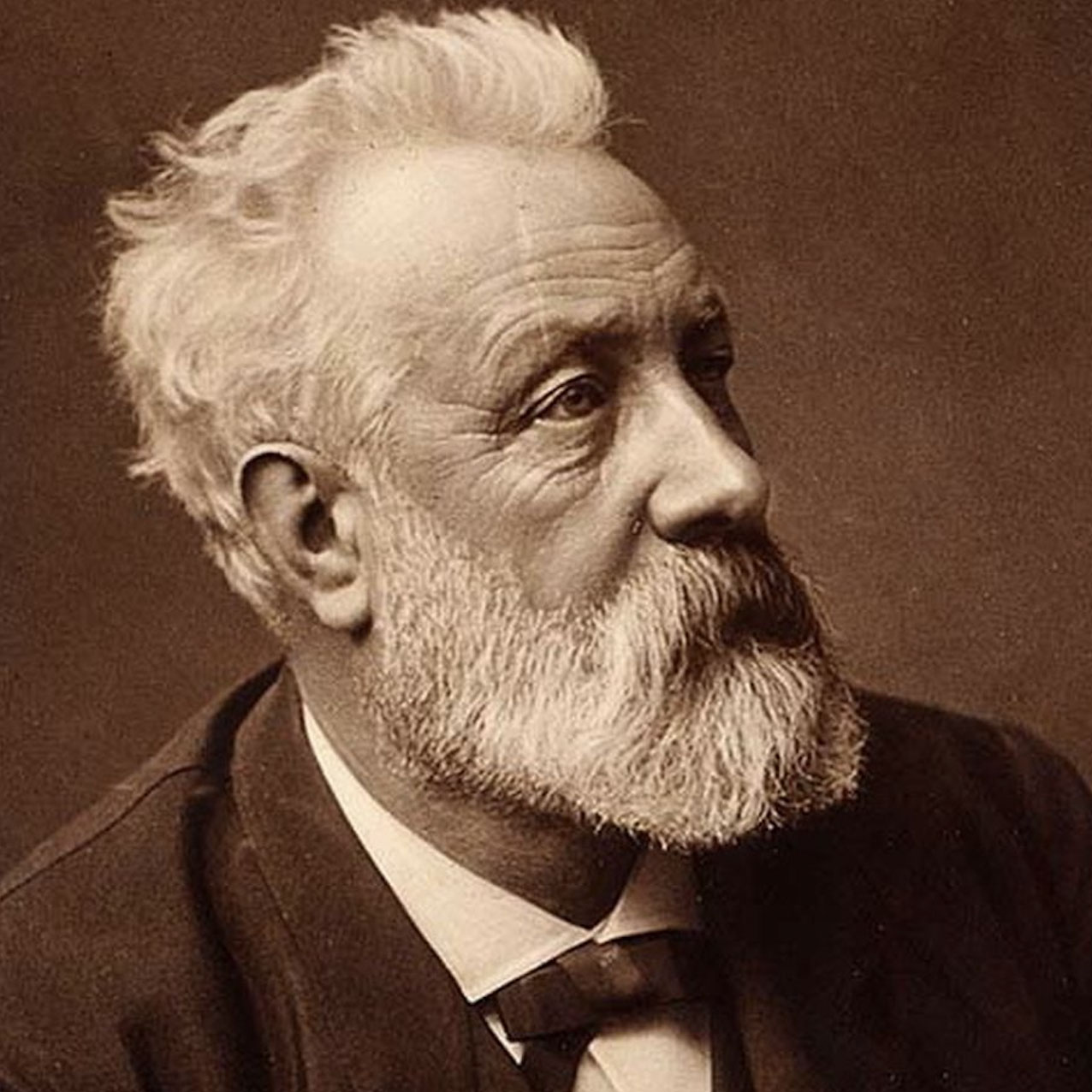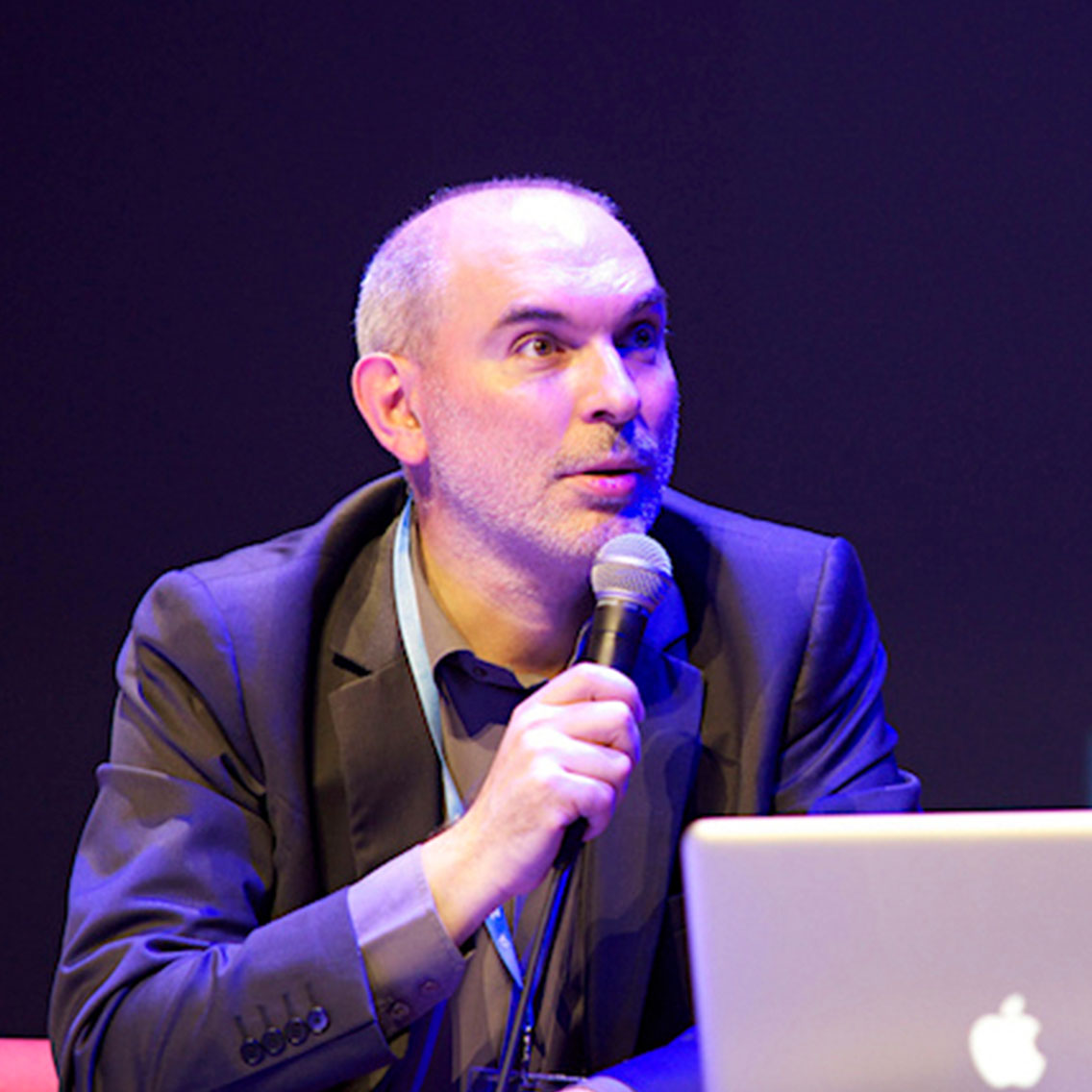3 questions to Hubert Beroche

05/25/2021 by Preligens
Hubert went on a world tour of AI after which he founded the Think Tank Urban AI. He is also in charge of AI at the ETI chair of the IAE Sorbonne Business School and now puts his energy and expertise at the service of cities and urban areas.
He is president of the AI for Tomorrow association which works to re-invent the world of tomorrow thanks to artificial intelligence.
What do you think are the biggest challenges that AI can address in building the world of tomorrow?
AI can help us address many of the challenges of our time. Take the example of cities. They now account for over 70% of our CO2 emissions. Our ability to maintain a livable world therefore depends on our ability to create sustainable cities. And I believe that AI can help us do this. Firstly by optimising existing systems (energy, roads, etc.), but above all by making urban paradigm shifts possible: by serving as a support for circular urbanism, by participating in a better distribution of urban infrastructures and services, or by promoting soft mobility. AI can also contribute to the fight against auto-solicitation by promoting shared mobility and to the preservation of urban canopies. In each of these cases, AI contributes to the creation of low-carbon cities.
I am also convinced that AI can help us to strengthen our "living together". That it can help us to be a society and get to know each other better. This may come as a surprise, because today it is rather the opposite that seems to be happening... AI contributes to polarising our societies by locking us into echo chambers. We are constantly shown the same content and the same people. But this is just one use of AI among a multitude of other possibilities. The same technology could help us to know ourselves better, to experience otherness, to "think against ourselves". AI can also be used for conviviality and personal fulfilment.
Do you think that the education system should adapt to integrate learning about AI, its concepts and its ethics from a very young age?
AIs occupy a growing place in our lives. Citizens interact with them on a daily basis, in most cases without even knowing it... To fight against this, we need to train people better, to make them aware of AI issues, perhaps even to integrate a new subject at the crossroads of coding and digital humanities into the school curriculum. But there must also, and above all, be greater institutional and regulatory maturity on these subjects.
There is also work to be done on AI in society, almost a work of cultural introspection. What social contract do we want? How do we want to move forward, together, in the face of the great challenges of our time? It is by answering these questions that we will be able to develop AI systems that conform to our values.
Does AI, according to your analysis, have the potential of an industrial revival contributing to the economic recovery of France and Europe?
If by "industrial renewal" we mean low-carbon industry, meaningful and wealth-creating (social, economic, etc.), then my answer is yes.
Europe and France have the means to develop competitive and sovereign AI for such an industrial renewal. France has the best researchers in the world in this field, while Europe has very high-level programmes (including ELLIS) and is starting to develop a real vision on these subjects.
Between China and the United States, Europe can propose an alternative and ethical AI model.


